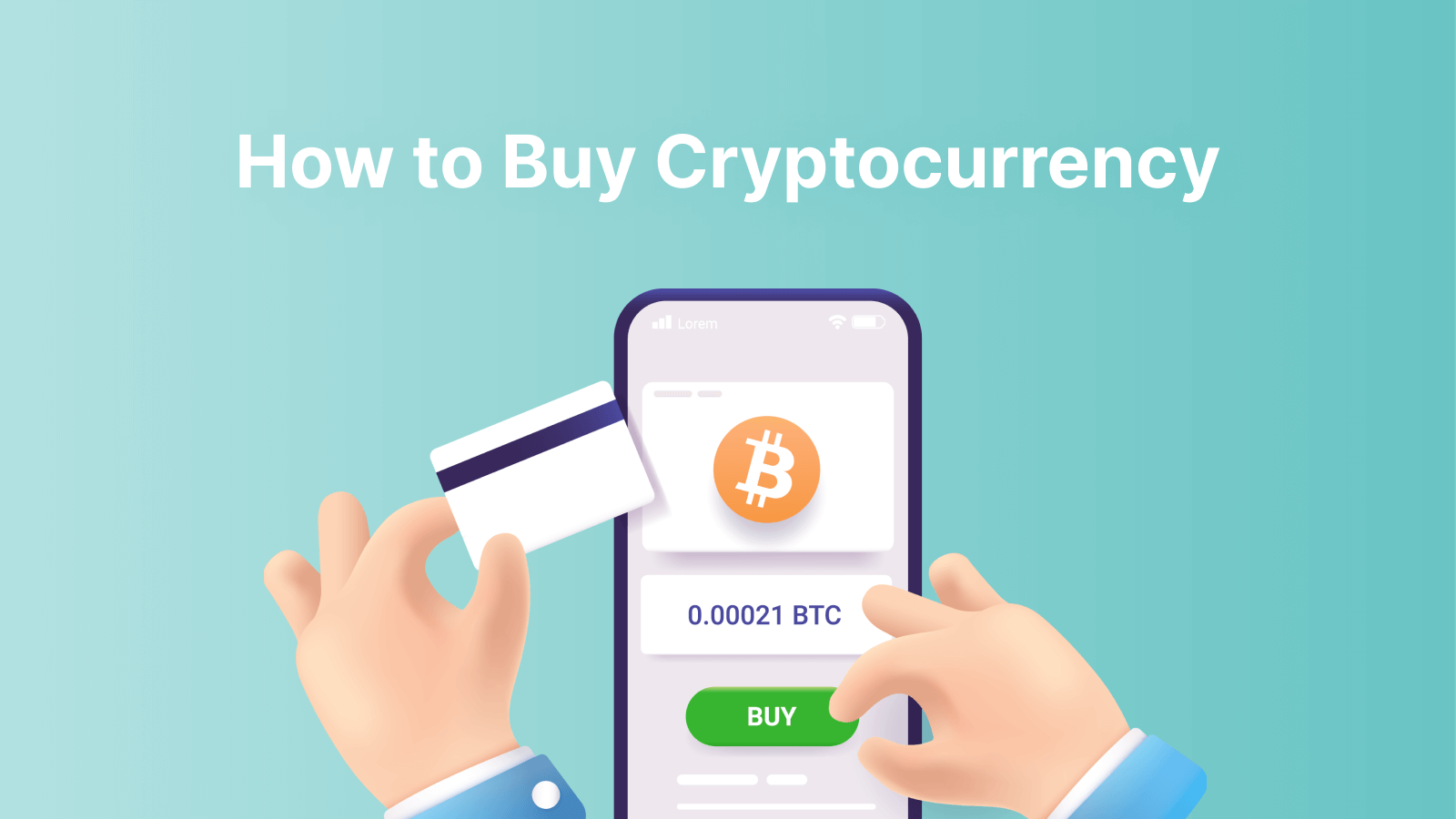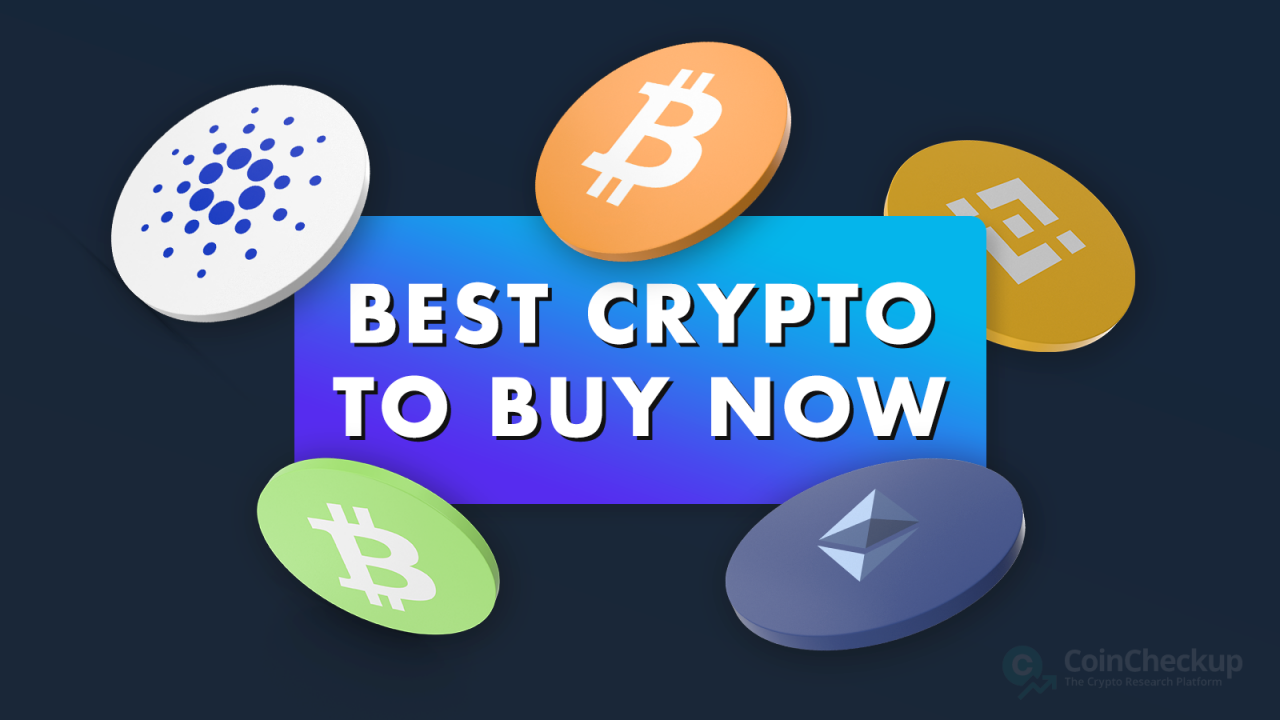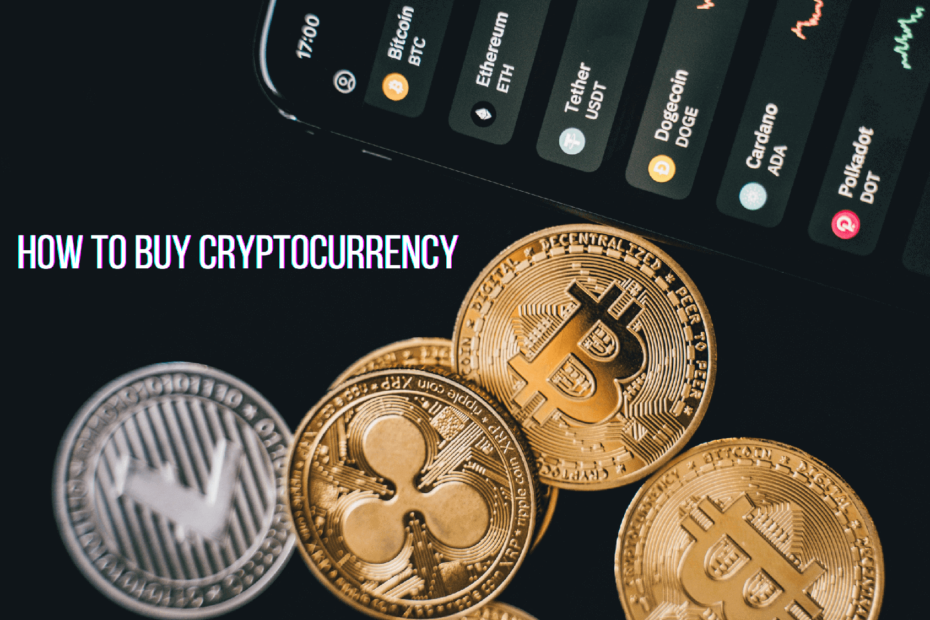can i buy crypto at 16 is a question that pops up for many teenagers eager to jump into the world of digital assets. As the popularity of cryptocurrency continues to grow, more young people are curious about whether they can legally and safely start investing before turning 18. If you’ve found yourself wondering about age rules, access methods, and what’s actually allowed, you’re definitely not alone.
Cryptocurrency is a digital form of money that’s typically bought and sold on online exchanges. Most financial platforms, including crypto exchanges, have strict age requirements—usually 18 or older—due to legal, financial, and security reasons. These regulations are designed to protect young users and ensure responsible participation in complex markets. But what about the gray areas, alternative paths, and learning opportunities for those under 18? Let’s explore what’s possible, what’s not, and what you should know if you’re 16 and interested in crypto.
Overview of Cryptocurrency and Age Restrictions
Cryptocurrency has gained tremendous popularity as a digital asset that allows for decentralized transactions without the need for traditional banks or payment providers. Typically, cryptocurrencies like Bitcoin, Ethereum, and others are bought and sold through online exchanges or apps, which require users to create accounts, verify their identity, and link payment methods such as bank accounts or cards.
Understanding Cryptocurrency Purchases and Standard Age Requirements
Buying or selling cryptocurrencies usually involves registering with an exchange, completing KYC (Know Your Customer) verification, and making transactions through a web or mobile platform. Most reputable exchanges and wallet providers set a minimum age requirement for their users, often aligning with the legal age for financial contracts in their jurisdiction.
Age restrictions for financial platforms generally fall in line with broader financial regulations intended to protect minors from legal and financial risks. In most countries, the legal age to open a financial account or engage in investments is 18, although some exceptions exist for custodial accounts or educational platforms.
Reasons for Age Restrictions on Crypto Purchases
Age limits exist in the crypto world for several important reasons. They are designed to:
- Ensure compliance with anti-money laundering (AML) and counter-terrorism financing (CTF) laws.
- Protect minors from the risks of financial loss due to market volatility.
- Prevent exposure to scams, fraud, and misleading information targeting inexperienced users.
- Fulfill legal obligations regarding contracts, as minors often cannot legally enter binding agreements.
“Most cryptocurrency exchanges require users to be at least 18 years old to comply with international financial regulations and ensure responsible investing.”
Legal Regulations for Buying Crypto Under 18
Many countries have specific regulations that make it difficult for individuals under 18 to buy cryptocurrencies directly. These regulations are enforced at both national and platform levels, often requiring age verification during account creation.
Summary of Age Limits for Crypto Exchanges by Region
The following table compares minimum age requirements for popular crypto exchanges in several major regions:
| Region | Typical Minimum Age | Notable Platforms/Regulations |
|---|---|---|
| United States | 18 | Coinbase, Binance US, Gemini (strict KYC) |
| European Union | 18 | Kraken, Bitstamp (EU KYC/AML Directive) |
| Asia (e.g., Japan, Singapore) | 18 | bitFlyer, Coincheck (regulated by FSA, MAS) |
| United Kingdom | 18 | Coinbase UK, eToro (FCA regulations) |
Guidelines and Official Statements on Underage Crypto Ownership
Many regulatory bodies, such as the U.S. Securities and Exchange Commission (SEC) and the UK Financial Conduct Authority (FCA), have released statements reminding platforms that they must prevent underage individuals from opening accounts. Official guidelines emphasize the importance of robust age verification processes to comply with legal standards and protect consumers.
“The Financial Conduct Authority requires crypto-asset businesses to verify the age and identity of all customers to prevent access by minors.” – FCA Official Guidance
Methods Young People Might Use to Access Crypto
Despite age restrictions, some minors find alternative pathways to access or gain exposure to cryptocurrencies, often by navigating around standard verification requirements.
Alternative Ways Minors Gain Crypto Exposure
Some methods do not rely on traditional exchanges and may not require age verification. Peer-to-peer (P2P) transactions, for instance, enable individuals to transfer crypto directly between wallets, sometimes arranged through social connections or online forums.
In many cases, minors may also leverage family members or friends to facilitate purchases or hold assets on their behalf.
- Utilizing a parent’s or guardian’s exchange account to buy and hold crypto assets.
- Receiving cryptocurrency as gifts or through informal peer-to-peer transfers.
- Using custodial wallets controlled by a trusted adult.
- Participating in crypto-related games or platforms that reward with small token amounts (usually with restricted withdrawal options).
- Accessing simulated or demo trading platforms that mimic real markets without actual financial risk.
Peer-to-Peer Transactions Without Age Verification
Peer-to-peer crypto transfers can occur entirely outside regulated exchanges. In these situations, participants agree to transfer assets directly, sometimes in exchange for cash or other digital assets. While this method bypasses formal KYC checks, it also comes with increased risks, such as scams or lack of legal recourse in disputes.
“Peer-to-peer transactions operate without centralized oversight, making it possible for minors to receive crypto, but these transactions are not without significant risk.”
Risks and Consequences of Buying Crypto as a Minor: Can I Buy Crypto At 16
Entering the crypto market while underage can expose both minors and those facilitating their access to serious risks, both financial and legal.
Identifying Major Risks and Their Outcomes
Minors who purchase or hold cryptocurrencies outside legal frameworks may face unpredictable consequences. The risks involved can affect their finances, digital safety, and even their legal standing.
| Risk | Description | Possible Outcomes |
|---|---|---|
| Legal Consequences | Violating exchange terms or local laws by misrepresenting age or identity. | Account suspension, loss of assets, potential legal action against minor or adult facilitator. |
| Financial Loss | Lack of investor protection, exposure to scams, market volatility. | Permanent loss of funds, inability to recover stolen or lost assets. |
| Security Concerns | Insufficient knowledge of wallet security, private keys, or phishing threats. | Theft of crypto through hacks or scams, loss of confidential information. |
| Limited Legal Recourse | Minors may not be eligible for legal protection in case of disputes. | Difficulty reclaiming lost funds or negotiating with platforms. |
Safe and Legal Alternatives for Teenagers Interested in Crypto
While direct crypto ownership is restricted, there are still constructive ways for teenagers to engage with blockchain technology and digital assets without breaching regulations.
Educational Resources and Simulated Trading Platforms
Teens can increase their knowledge and skills through educational channels, competitions, and simulated trading environments that offer hands-on experience without actual risk. These alternatives are both safe and compliant with regulations.
- Online courses and video tutorials about blockchain and crypto fundamentals.
- Participating in school or online coding competitions focused on blockchain technology.
- Using demo trading accounts on crypto platforms to practice investment strategies with virtual funds.
- Leveraging crypto market simulators to track price movements and test hypotheses.
- Joining youth financial literacy workshops or clubs that discuss emerging technologies.
Virtual Portfolios and Demo Accounts as Learning Tools
Demo accounts and virtual portfolios replicate the real crypto trading environment using fake or “paper” money. This approach allows teens to test their understanding, develop investment disciplines, and observe market dynamics, all without financial risk or legal complication.
“Simulated trading platforms give young people valuable exposure to financial markets, helping them build confidence and understanding before engaging in real transactions.”
Parental Involvement and Financial Education
Parental guidance plays a key role in shaping responsible financial behavior in teenagers, especially regarding high-risk assets like cryptocurrencies.
Encouraging Healthy Financial Habits in Teenagers

Parents can support their children by fostering open discussions about money, investing, and digital safety. Providing practical financial education at an early age helps teens understand the risks and responsibilities that come with managing digital assets.
Suggestions for parents include:
- Establishing regular conversations about budgeting, saving, and investment basics.
- Exploring financial education resources together, including reputable websites and courses.
- Encouraging the use of supervised, age-appropriate banking or investment products.
- Setting boundaries and monitoring online financial activities to prevent risky behavior.
- Inviting teens to participate in family budgeting or investing decisions on a small scale.
Comparison of Traditional vs. Crypto Financial Products for Teens

The table below Artikels the primary differences between traditional banking products designed for teenagers and typical crypto-related products:
| Product Type | Features | Age Requirement | Regulatory Oversight |
|---|---|---|---|
| Teen Savings Account | Parental control, interest, FDIC/insurance, financial education resources | Usually 13-17 (with parent/guardian) | Banking authorities (e.g., FDIC, FCA) |
| Custodial Investment Account | Stocks, ETFs, managed by adult, educational tools | Minor (with custodian) | SEC, local financial regulators |
| Crypto Exchange Account | Direct crypto purchase/trade, wallet, high risk | 18+ | Crypto-specific regulation, less consumer protection |
| Custodial Crypto Wallet | Crypto held for minor by adult, limited withdrawal, educational use | Minor (with custodian) | Varies by provider/jurisdiction |
Future Trends: Evolving Laws and Products for Underage Investors
The world of cryptocurrency continues to evolve, and so do regulations and products aimed at younger potential investors.
Innovations and Regulatory Changes Affecting Youth Access to Crypto, Can i buy crypto at 16
Regulatory attitudes towards underage crypto ownership are slowly shifting. Some jurisdictions are exploring frameworks for supervised investment accounts or educational platforms that allow limited crypto exposure for minors.
Recent years have seen the emergence of youth-oriented investment apps, custodial crypto wallets, and schooling partnerships that introduce students to blockchain concepts in a controlled environment.
- Several U.S. states are piloting programs for high school students to access supervised investment platforms.
- Companies are developing custodial crypto solutions that allow parents to maintain full control over assets until the minor reaches legal age.
- Educational institutions are integrating blockchain courses and simulated crypto trading tournaments into their curriculums.
As lawmakers and regulators gain a better understanding of blockchain technology, new laws may allow for safer, more structured access to digital assets for younger users. For example, the introduction of “junior” investment accounts or digital wallet products with parental controls could become more common, mirroring the way traditional banking has long offered teen-friendly savings and investment options.
“Emerging products and changing laws signal a future where teenagers can explore digital assets in a safer and more educational environment, under appropriate adult supervision and regulatory oversight.”
Conclusive Thoughts

In summary, while can i buy crypto at 16 is a common query, the answer isn’t as simple as yes or no. Legal restrictions, platform rules, and potential risks make direct buying tricky for minors, but there are still plenty of ways to get educated and involved in the crypto space. As the landscape evolves, staying informed and focusing on learning will give young enthusiasts a smart head start until they reach the legal age for full participation.
Question Bank
Can I sign up for a crypto exchange if I’m 16?
No, most reputable crypto exchanges require users to be at least 18 years old to comply with legal regulations and platform terms of service.
Is it illegal for someone under 18 to own cryptocurrency?
It depends on your country’s laws. In many places, owning crypto as a minor isn’t illegal, but buying through official platforms is usually restricted.
Are there any crypto platforms that allow 16-year-olds?
Very few platforms support minors directly, and most require parental involvement or custodial accounts. Always check the platform’s official policy before attempting to sign up.
What happens if I use a parent’s account to buy crypto?
Using someone else’s account violates most exchange policies and could result in account suspension or legal issues for both parties.
Are there safe ways for teenagers to learn about crypto investing?
Yes, there are many educational resources, competitions, and simulated trading platforms where teens can gain experience without making actual purchases.
